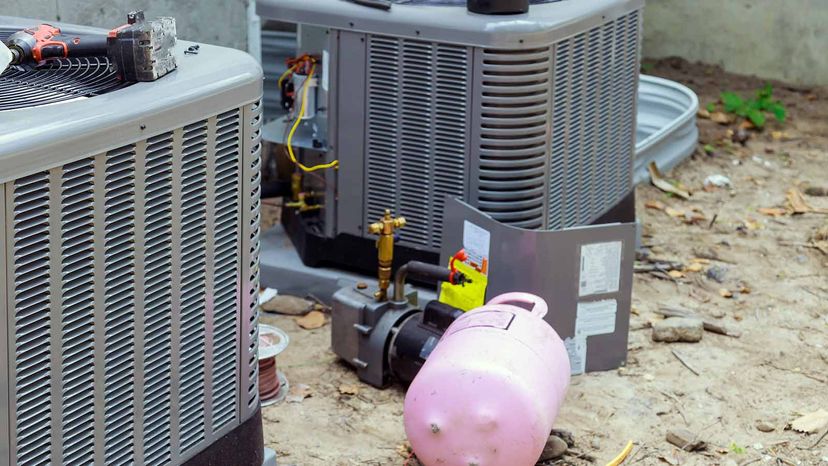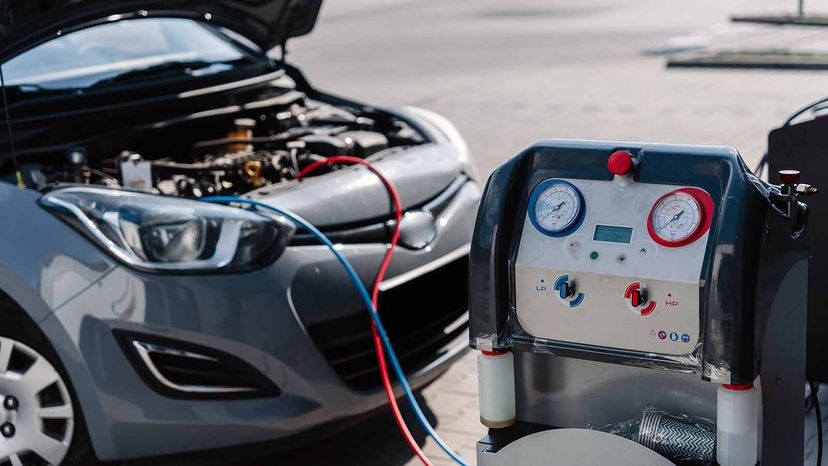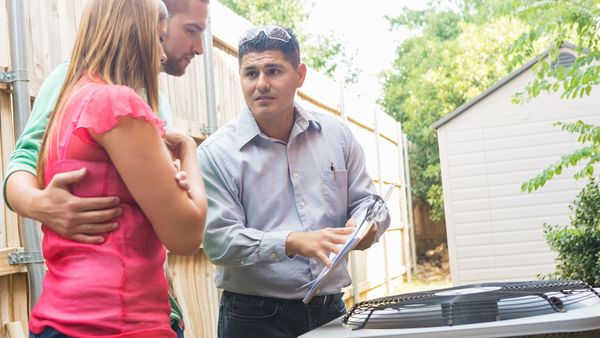Air conditioners are convenient luxuries for most homes, but they can be necessary appliances for households living in high-heat regions where summer months bring triple-digit temperatures.
Follow these essential maintenance steps to extend the functional life of your AC unit and ensure your family enjoys a cool home for years.
1. Check your Freon levels regularly.
Low refrigerant levels stemming from minor Freon leaks are some of the most common causes of subpar performance from your air conditioner. Checking your levels every month will allow you to stay on top of your appliance maintenance schedule, as well as provide you with early warning signs of AC system failures. A simple Freon recharge may be the only thing you need to get your air conditioner back to tip-top shape.
2. Perform maintenance to improve your air conditioners.
Learning a few simple DIY maintenance tasks like trimming your landscaping to provide adequate venting space, checking your system for Freon leaks, cleaning vents and changing air filters will pay off dividends by extending the functionality of your outdoor air conditioners.
There are several DIY tutorials available online that can walk you through these tasks with step-by-step instructions. Although, if you feel uncomfortable with your knowledge or abilities, it is always better to call in a professional rather than damaging your costly equipment through trial and error.
3. Schedule annual air conditioning system inspections with an HVAC technician.
Avoid waiting until the weather's heating up to schedule an appointment with a professional. An HVAC technician is trained to spot and mitigate telltale signs of failing heating-and-cooling equipment.
Annual inspections can reduce home appliance costs by replacing small components, like a compressor or condenser, before you are forced to replace an entire AC unit. HVAC specialists can also provide a quick Freon charge and fix any refrigerant leaks to keep your system working at optimal performance during warm months when you need it most.




